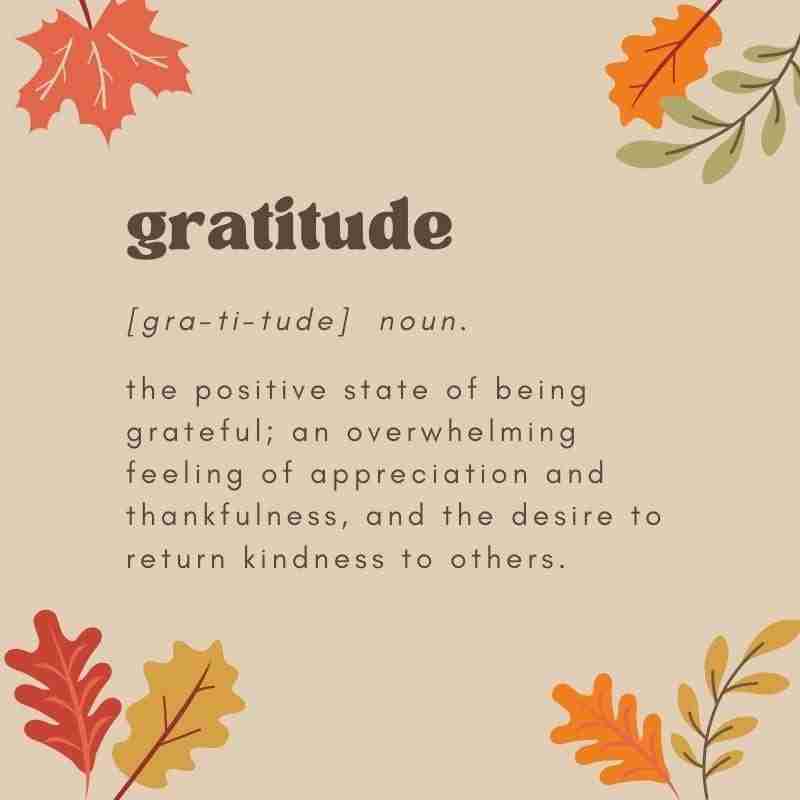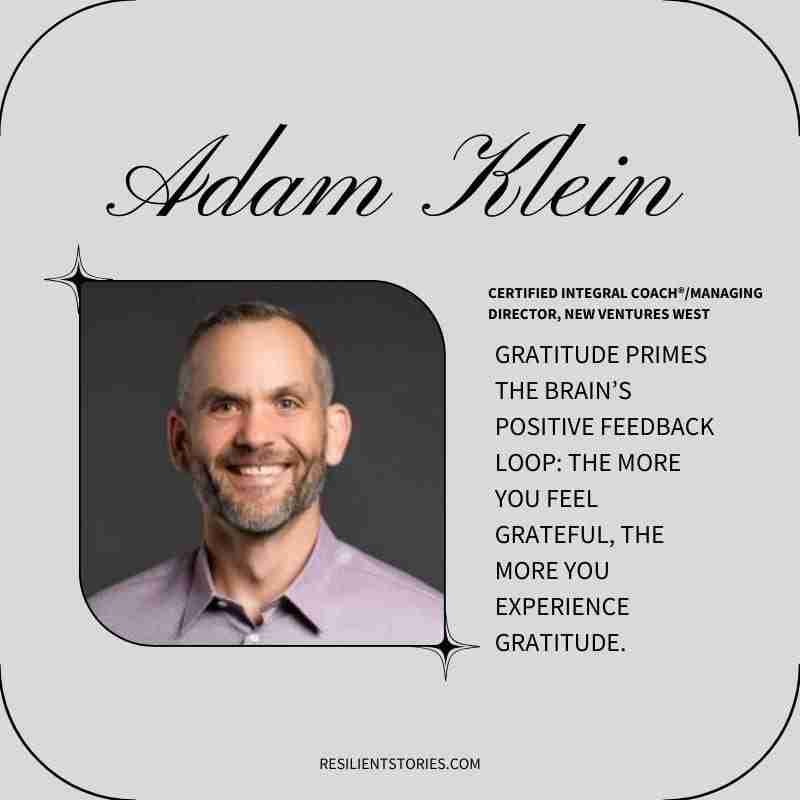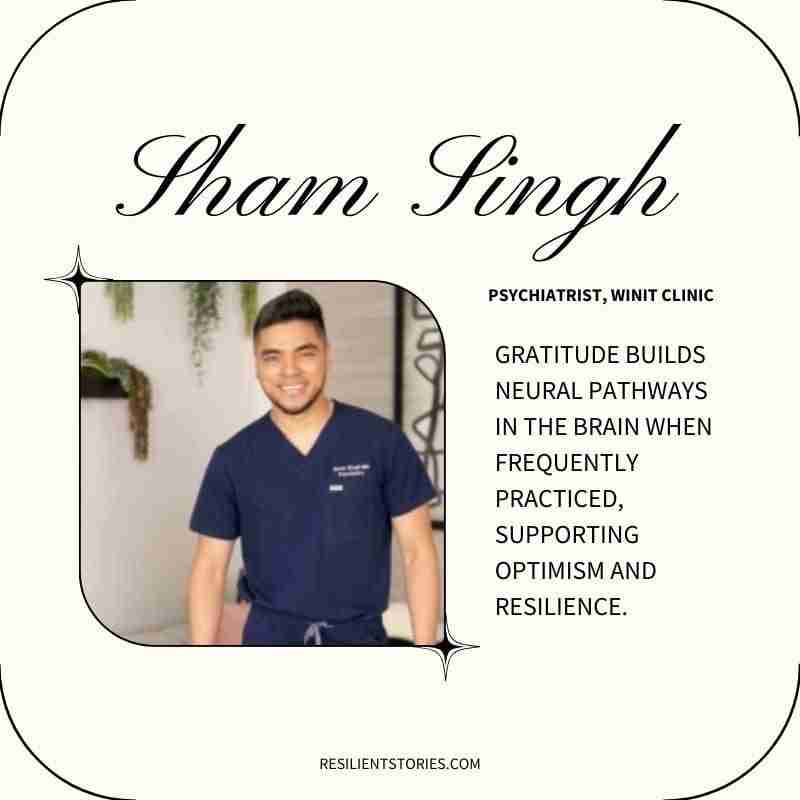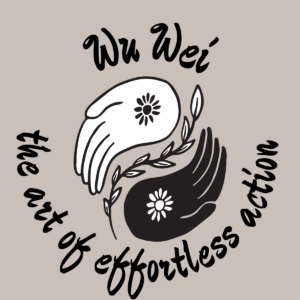In recent years, expressing gratitude has become a widely recognized tool for enhancing mental well-being and building resilience.
Whether it’s through a simple “thank you” or a more profound reflection on life’s blessings, gratitude helps us shift our focus from what we lack to what we already have.
This shift can foster more positive emotions, strengthen relationships, and even improve our physical health.
To explore the impact of gratitude on mental health, we asked six thought leaders to share their personal stories about how practicing gratitude made a tangible difference in their lives.
Their insights show that, whether applied in everyday life, the workplace, or during personal challenges, gratitude has the power to transform both mindset and circumstances.
Before we discuss the benefits of expressing gratitude given to us by the experts, let’s be clear about what gratitude is!

What is Gratitude?
Gratitude is more than just saying “thank you.” It’s a complex and multifaceted concept that involves a range of emotions, behaviors, and attitudes.
At its core, gratitude is about recognizing and appreciating the good things in life. It’s a positive emotion that arises when we perceive a benefit or a positive outcome. Feelings of warmth, joy, and contentment often accompany it.
Think of gratitude as a three-step process:
- First, we recognize and acknowledge the good things in our lives.
- Second, we appreciate the value and significance of these good things.
- Third, we express our thanks and appreciation, whether to ourselves, others, or a higher power.
You can do this through various practices such as journaling, meditation, or simply sharing your gratitude with others.
Also, thankful and grateful are not quite the same thing! There are some nuanced differences between the two concepts.

Importance of gratitude in daily life
Gratitude isn’t just a feel-good emotion; it plays a vital role in our daily lives, offering numerous benefits for our mental, emotional, and physical well-being.
For starters, expressing gratitude can significantly improve our mental health.
Studies have shown that people who practice gratitude regularly experience lower levels of stress, anxiety, and depression. They also have higher levels of happiness and well-being.
Gratitude also strengthens relationships. When we express gratitude towards others, it builds trust and fosters a sense of community and connection.
This can be as simple as thanking a colleague for their help or appreciating a friend’s support.
On the physical health front, gratitude has been linked to better health outcomes.
People who practice gratitude tend to have lower blood pressure, stronger immune systems, and fewer chronic illnesses.
It’s a powerful reminder that our mental and emotional states can directly impact our physical health.
It also enhances positive emotions, making us feel more joyful, happy, and content. Even in challenging times, gratitude can help us reframe negative experiences in a more positive light.
Keep reading to learn more from our six gratitude experts!
How to Express Gratitude: Shifts Focus to Positives
Practicing gratitude provides us with a simple way to remain positive, even in tough situations. Gratitude can take difficult situations and help us see the silver lining.
I used to spend much of my time focused on the negative aspects of my life. I would be upset that I wasn’t making as much money as my friends, or not traveling as much as my coworkers.
After choosing to practice gratitude, there was a major shift. I would wake up excited at the challenge of a new day, motivated by all the exciting things that I already have in my life.
It is common to believe that gratitude will create complacency, but it often has the opposite effect, allowing us to reach our full potential.

Blake Farris, Habit Coach, Mito Coaching
Expressing Gratitude Enhances Team Morale
It’s helpful to feel more grateful. Gratitude is a reorientation away from deficient and negative things and toward the positive things you have experienced, felt, or encountered already.
This orientation, in turn, has impacts on both stress and resilience by reducing the impact of a negative or stressful outlook on your life, as your mind is primed to view challenges as manageable or even as valuable learning experiences.
Gratitude primes the brain’s positive feedback loop: the more you feel grateful, the more you experience gratitude.

I also remember a particular experience as a managing director, where expressing appreciation and expressed gratitude had a tangible impact.
We had just finished a complex project with a dispirited team that felt unappreciated. So, I wrote individual letters of appreciation detailing how each person’s contributions helped complete the project.
The positive impact on morale was immediate. The team was buoyed up, relationships were strengthened, and team spirit was evident as we embarked on a new project.
This experience convinced me that gratitude isn’t merely good manners.
Appreciation is a powerful strategy for transforming workplace dynamics and enabling relationship-building that can improve performance and lift overall productivity.
Adam Klein, Certified Integral Coach® and Managing Director, New Ventures West
Gratitude Builds Resilience and Mindfulness
The effective practice of gratitude may influence mental health by avoiding negative or stressful thoughts about life and emphasizing positive experiences and emotions.
Gratitude builds neural pathways in the brain when frequently practiced, supporting optimism and resilience. Gratitude kicks out anxiety and develops better relationships, which in turn creates fulfillment in the sense that one feels connected and at ease with life.

The practice also helps in developing mindfulness since attention is brought to the present moment, creating a healthy and balanced mindset.
I still remember how once displaying gratitude helped turn a potentially dismal situation into a positive one. With a colleague, there was once a misunderstanding between us, which caused tension in the work environment.
Instead of dwelling on the conflict, I wanted to convey my appreciation for their diligence and dedication, to which they had continuously adhered.
I shared some specific examples of the contributions they made and how much I value their effort.
This simple act of gratitude not only diffused the tension but also resulted in an open and candid conversation that eventually made our professional relationship even closer.
It reminded me how powerful gratitude can be in shifting dynamics and building bridges where there was once distance.
Sham Singh, Psychiatrist, WINIT Clinic
Integrate Gratitude in Daily Transitions
Gratitude is a form of feeling connected with the world around us. This is the simplest explanation that I hold on to. It is an essential part of mindful practices.
I suggest my clients specifically practice gratitude during the transitional segments of their day.
The morning transition is when we wake up and start our day—the most perfect time to set the conscious intention and scan the internal resources we already have.
These resources are our resilience, motivation, determination, courage, love, and other inner strengths. Morning transitions are also the perfect time to scan the external resources we might forget to prioritize, or we have taken for granted.
This includes our physical and mental health, finances, social and professional relationships that we have, and our impact on the world.
If you’d like to practice morning gratitude, take a pause and think about all these resources you have today.
Write down on a piece of paper: “Three internal resources that I’m grateful for today are…” and now do the same for your external resources.
Another important transitional segment of the day is around bedtime. Having a routine bedtime ritual creates a huge positive impact on how we are intentionally choosing to allow our minds and bodies to rest.
I’d suggest you include daily gratitude in your bedtime rituals. Scan your internal and external resources that allowed you to tackle the day’s challenges and helped you to feel connected with yourself.

Practicing daily bedtime gratitude personally helped me to battle my high-functioning anxiety, where my mind had a tough time slowing down at night. Especially early in my career when I was also struggling with burnout recovery as a “fresh out of grad school therapist.”
You’ll do what’s best for you, and I know you got this!
Elvan Kama Kurtz, Licensed Marriage and Family Therapist, Choosing Change Counseling
Gratitude Reframes Mindset Positively, Reducing Negative Emotions
Practicing gratitude reminds us of what is going right in our lives. We can all focus on negative things at times, especially if we are depressed or stressed.
When we take time to remember what we are grateful for, it helps to reframe our mindset on what is positive rather than negative, and this can help us feel better.

I know many who have been in difficult situations and were able to use this as a daily practice.
Just thinking of one or two things they were grateful for each day, and journaling or texting a friend with a gratitude list, was simple and effective for them.
They shared how helpful it was for their overall mood each day.
Angela Kiker, Counseling Psychologist
Strategic Gratitude Transforms Personal Perspective
I had been practicing evening gratitude and self-reflection for about six months when I realized I needed to be more strategic about my answers. As much as the practice was helping me, I was still filled with anger and fear surrounding my divorce.
While life was getting better all around, I was carrying these negative emotions with me, poisoning every moment. So, I began shifting a couple of small things in my approach.

First, I tried to include one piece of gratitude related to my ex each night (however flimsy it was on some days!).
I also tried to stop myself from rehashing my stories about him with myself and others (thought-stopping as well as mindful speech).
Lastly, I tried to practice setting aside my immediate interpretations of everything he did (which were all colored by fear) and open myself to the possibility that he had good reasons for what he was doing.
I’d spend a moment trying to come up with a more positive interpretation and then let it go.
After over a year of fear and anger, my perspective on this person did a 180 in just three days! And honestly, I didn’t even do that great a job at the three changes! I was shocked at the flood of understanding, compassion, and calm.
To top it off, his behavior towards me shifted dramatically within days as well! This was a great reminder to me that my perspective controls so much more of my reality than my actual circumstances.
Shea Fitzgerald, Psychotherapist and Addiction Specialist, Shea Scheuler
The Science of Gratitude in Positive Psychology
Gratitude isn’t just a feel-good concept—it’s backed by significant research in positive psychology. Studies have shown that cultivating gratitude can lead to measurable improvements in mental and physical health.
Expressing gratitude can lead to tangible physical benefits, such as lower blood pressure and enhanced cardiovascular well-being, alongside promoting healthy behaviors like regular exercise and good dietary choices.
According to research, people who regularly practice gratitude experience more positive emotions, improved life satisfaction, and higher levels of subjective well-being.
Keeping a gratitude journal, where individuals list up to five things they feel grateful for on a weekly or daily basis, has been linked to lower levels of stress, fewer physical symptoms, and enhanced sleep quality.
Gratitude interventions, such as writing a gratitude letter or reflecting on positive aspects of life, have also been shown to increase happiness levels and reduce negative emotions.
This positive effect not only boosts psychological resilience but also fosters better relationships and pro-social behavior, as gratitude encourages people to acknowledge the kindness of others.
From a neurological standpoint, experiencing gratitude activates brain regions associated with reward and social bonding, reinforcing the benefits of maintaining a grateful disposition.
In sum, gratitude not only helps us recognize and appreciate our blessings, but also contributes to long-term mental health and overall well-being.
Healthy Activities to Boost Mental Well-Being
Engaging in healthy activities is essential for maintaining both mental and physical well-being. Simple, mindful practices can help reduce stress, improve focus, and cultivate a sense of calm.
Whether you’re looking to enhance creativity, build resilience, or simply unwind, incorporating these activities into your daily routine can make a significant difference.

Coloring on adult coloring pages: A relaxing, creative way to reduce anxiety and practice mindfulness.
Meditation: Helps improve focus, reduce stress, and cultivate inner peace.
Create a gratitude journal: A reflective activity that can help process emotions and promote gratitude.
Taking nature walks: Reconnecting with nature can improve mood and reduce feelings of anxiety.
Deep breathing exercises: Calms the mind and body, reducing stress and enhancing relaxation.
Yoga: Combines physical movement with mindfulness for improved flexibility and mental clarity.
Listening to calming music: Can soothe the nervous system and elevate mood.
Engaging in creative hobbies (e.g., knitting, painting): Fosters relaxation and allows for self-expression.
Reading: A quiet, immersive activity that helps reduce stress and stimulate the mind.
Connecting with loved ones: Nurturing relationships boosts happiness and emotional support.
These activities promote relaxation and mental clarity, helping to create balance in everyday life.
Overcoming Obstacles to Expressing Gratitude:
While practicing gratitude can lead to numerous mental and physical benefits, it’s not always easy to focus on the positive, especially when faced with challenges or negative emotions.

Feelings like anger, frustration, or sadness can act as barriers to gratitude, making it difficult to appreciate the good in our lives. However, recognizing these emotions and learning how to manage them is essential for cultivating a grateful mindset.
Here are some strategies to overcome obstacles to gratitude:
Acknowledge your emotions: Instead of ignoring or suppressing negative emotions, allow yourself to feel and process them. This creates space to later shift your focus to more positive aspects of life.
Reframe your mindset: Try to see challenges as opportunities for growth. By counting your blessings rather than your burdens, you can train your mind to focus on what’s going well, even in difficult times.
Practice mindfulness: Staying grounded in the present moment can reduce the impact of negative feelings. Engaging in gratitude practices like journaling or reflecting on small daily moments of joy can help counterbalance negativity.
Start small: If gratitude feels difficult, begin with small, manageable steps—such as writing down one thing you’re grateful for each day—to slowly build a gratitude practice.
Use gratitude to shift perspective: Reflect on past events where negative outcomes ultimately led to positive changes, and express gratitude for those lessons.
By recognizing and addressing these obstacles, we can better manage negative emotions and cultivate a more grateful, resilient disposition in everyday life.
A Lasting Practice to Express Gratitude for Everyday Life
Gratitude isn’t limited to grand gestures or major life events. Its true power lies in the small, everyday moments where we acknowledge and appreciate the good in our lives.
Whether it’s sending a note of thanks to a colleague, taking a moment to appreciate the support of a close friend, or writing down what we feel grateful for before bed, gratitude practices can foster more positive emotions and greater resilience in the face of challenges.

As our six thought leaders have shown, consistently practicing gratitude can reshape perspectives, build stronger connections, and create a foundation for mental and emotional well-being beyond the moment.
In a world that sometimes feels overwhelming, gratitude helps us refocus on the positives and live with a deeper appreciation.
Even during traumatic or difficult situations, practicing gratitude can be a powerful tool for resilience and healing.
While it may seem challenging to focus on the positive during hard times, gratitude allows individuals to acknowledge small moments of support, personal strength, or lessons learned through adversity.
By focusing on what remains good—whether it’s a kind gesture from a friend, the ability to persevere, or simply the present moment—gratitude helps reframe a negative experience and fosters hope.
It is healthy to process all your emotions. Do not try to bury them under platitudes, but rather discover genuine gratitude and express it!
Over time, this practice can shift the focus from pain to growth, aiding emotional recovery and providing balance.
Let us know your favorite way to express gratitude in the comment section below.




























0 Comments